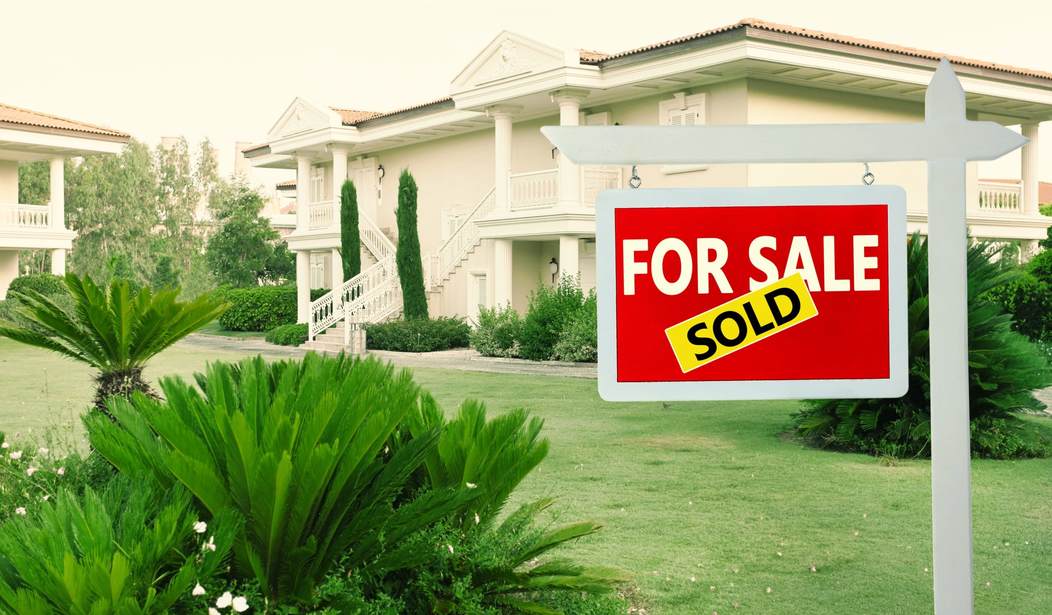Recently, I shared some insight into owning a home. The process of buying and owning your own place can be an exciting one, but it can also be very expensive and time-consuming. There is something wonderfully liberating about picking up the phone to call a landlord when you have a leaky faucet or a termite invasion. But some people find that the benefits far outweigh the costs and opt to put their money into their own space.
USA Today highlighted some reasons you may not be quite ready to take the plunge. Consider these before shelling out your savings for a down payment:
- You don’t want to worry about maintenance, repairs, or other uncertain costs.
“When you own a home, you have to do your own maintenance, or pay someone else to do it for you. You’ll have to cut your own grass, fix your own toilets, paint the outside of the house, etc. Plus, there are the big-ticket items that need to be replaced every once in a while, like a new roof or HVAC system.”
- You don’t have a large down payment.
“First, most mortgages…require mortgage insurance with a down payment of less than 20%. The price of mortgage insurance can…cost in the ballpark of 1% of your loan amount each year. So, on a $300,000 conventional mortgage with a 3% down payment, plan on an additional $3,000 per year for mortgage insurance until your loan-to-value ratio reaches 80%.
Second, the more obvious effect of putting less money down is that you’ll end up borrowing more, which results in a higher principal and interest payment each month, in addition to any mortgage insurance cost.”
- You don’t know what your life will be like in a few years.
“Buying a home is generally not worth it unless you’re going to be there for a few years — let’s say at least three, and preferably more.”
- You have shaky credit.
“If your FICO score is greater than 620, you should be able to get a conventional mortgage, but your interest rate isn’t likely to be great.”
- Your other debt is too high.
“Most lenders these days limit your mortgage payment plus your other debt obligations to 45% of your total income, and that’s only if your credit and employment situation is good. Traditionally, the maximum debt-to-income ratio lenders like to see is 36%. Well, if your other debts eat up, say, one third of what you make, this doesn’t leave much to pay a mortgage.”









Join the conversation as a VIP Member